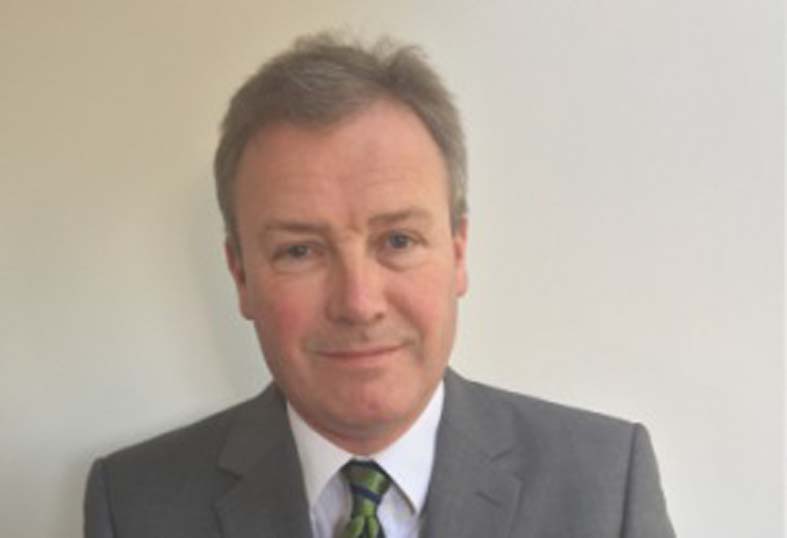NICEIC, the UK’s leading electrical installation safety provider, has announced that it will establish a regional base in Dubai, to provide training and technical support to the help GCC authorities to tackle high incidence of building fires caused by electrical faults
The data from Dubai Statistics Centre and Saudi Arabia’s civil defence have shown that electrical faults were the most common cause of fire across the GCC region.
The data showed that electrical faults caused 22 per cent of fire incidents in Dubai from 2011 to 2013, and 70 per cent of fire incidents in Saudi Arabia.
The fire incidents at the Address Downtown Dubai in 2015, Doha’s Villagio Mall and a total 1,225 fire incidents in Oman were all due to some kinds of electrical malfunctions.
Eddie Arrowsmith, regional engineering manager for the Middle East at NICEIC, said, “It is of paramount importance that these buildings are maintained professionally, to ensure that they continue to provide safe and efficient offices and homes that are fit for purpose and do not pose a risk to residents or occupants.”
NICEIC said that its will focus on providing training, technical advice, certification and information on the latest industry developments, with each contractor completing an assessment process, covering a representative sample of their work, premises, documentation, equipment, and the competence of key supervisory staff.
The company added that its training is aimed to give contractors a boost when starting new projects.
In addition, the building-owners also can verify the quality of electrical work in their assets.
“We will be working to accredit contractors through a number of recognised schemes, supporting their students through a technical library, online certification and essential training in general and specialist areas,” said Arrowsmith.
NICEIC’s decision to open the regional base in Dubai comes after Dubai initiating new fire code in January 2017, which mandates third party independent inspections, strict accountability and fines for breach of standards.





